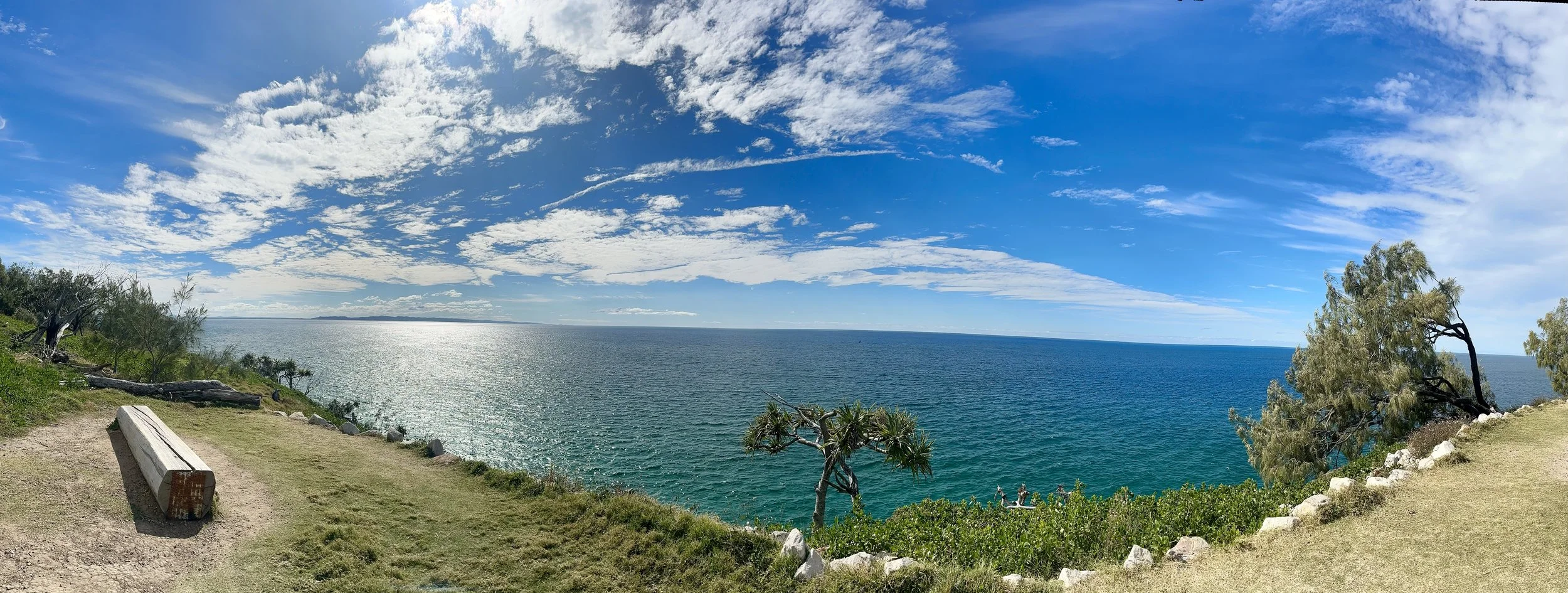Why Musk’s Twitter pursuit is pointless
/I joined Twitter in March 2009 and found the experience at once exhilarating and somewhat unnerving. I had never really bought into social before, being almost non-existent on Facebook, and suddenly the ability to read, comment, respond and connect with others was instantaneous. I shared a few views, liked a few pictures and jokes and, as people jumped on, I secured a few hundred followers, and I tweeted a lot about writing (and the common challenge of getting read) and met some others who shared my pain. Good times.
But Twitter was ruined and the experience turned into a shit-show when Brexit brewed, divided and devoured Britain. I had a vague hope that it would become palatable again, but then COVID struck, and the subsequent Twitter algorithm and bot engineered pile-on against (for example) any expressed scepticism about the “merits” of Wuhan style lockdowns made me quickly reach for the delete button. On Twitter, campaigns to cancel just about anyone with an opposing view were played out like a dystopian ‘war-game’ between the left and right, right and wrong, conservative and liberal, religious and atheist, enlightened and un-educated. Every issue was seen through the narrow lens by which your ‘tribe’ perceived the world. Twitter, Facebook and other social channels have spent very many billions on processes, filters, buttons, badges, people, editors, curators, warnings and censors, to ensure that these social forums remain safe spaces, free from hate speech, threats, antagonism and vitriol. They’ve failed. It’s now the Brexit toned divisive shit-show, but on every topic from Bake Off to Bournemouth beach huts.
So, Elon Musk has decided to ride to the rescue. Not content with several kids, being the richest man on earth, with compelling ventures that include space exploration, a manned mission to the Mars, the fastest growing car brand on earth and providing internet connectivity from low-earth orbit to the whole planet, Elon wants to save “western civilisation” by ensuring free-speech in the “public square” of Twitter. He may well succeed - and if the funding is “secured”, then he has every right to take his share offer to existing shareholders and convince them on the basis of the price-value call he has made. But why bother?
Pursuing Twitter now is like getting belatedly agitated about the dominance of Murdoch’s News International a decade ago, or getting hung-up on the vagaries of editorial independence at CNN, or the Wall Street Journal. Like these crumbling legacy ‘organs’, Twitter is a dying platform. [See Worldwide user numbers - basically flat for over 7 years in a sector associated with exponential growth. Also, if you factor for the ubiquitous ‘bots’ who dominate the platform, the real-person users numbers have collapsed.] Twitter’s explosive growth from 2010 was borne out of a once in a generation coincidence of the internet suddenly being in “our hands”, on our iPhones. That made its founder Dorsey horribly rich, but did little to enrich public debate and discourse. Celebrities have already moved on to Insta, or Snap, or TikTok, or coordinate their own multi-channel campaigns, riding a wave of growth. Meanwhile users have flocked to subscriber content, closed channels, Patreon-only access and ‘value-for value’ content creators. You Tube users add 720,000 hours of content every day. Twitter thrives on letting politicians and drunk people on the bus let off fumes; but essentially, it's the same people shouting the same things at one another.
So, please Mr Musk, continue to focus on the mid-21st Century challenges of climate change, autonomous electric cars, giga-power and a longer-term ambition to colonise planets. These seem visionary, bold and noble business endeavours. Someone wise once said that culture eats strategy for breakfast. Well given the culture inherent on Twitter, surely for Musk, its better to pass, pause and watch Twitter simply devour itself.








